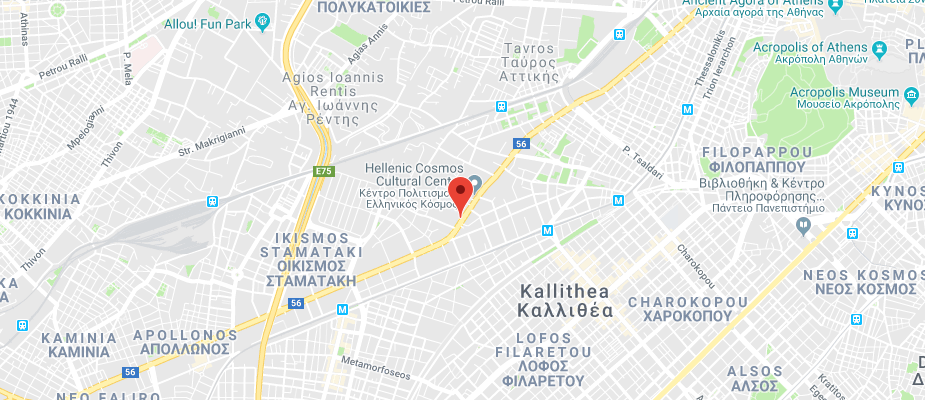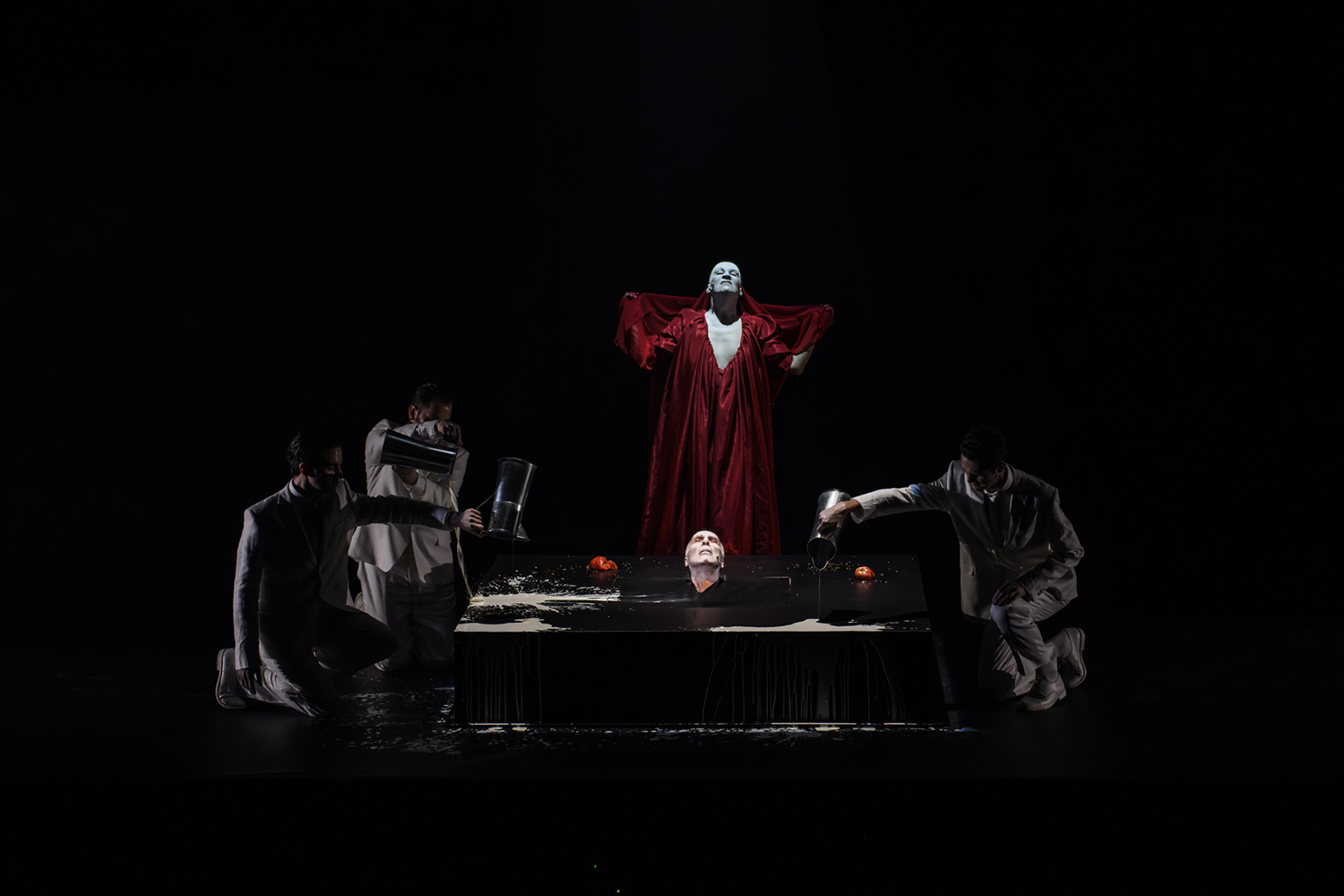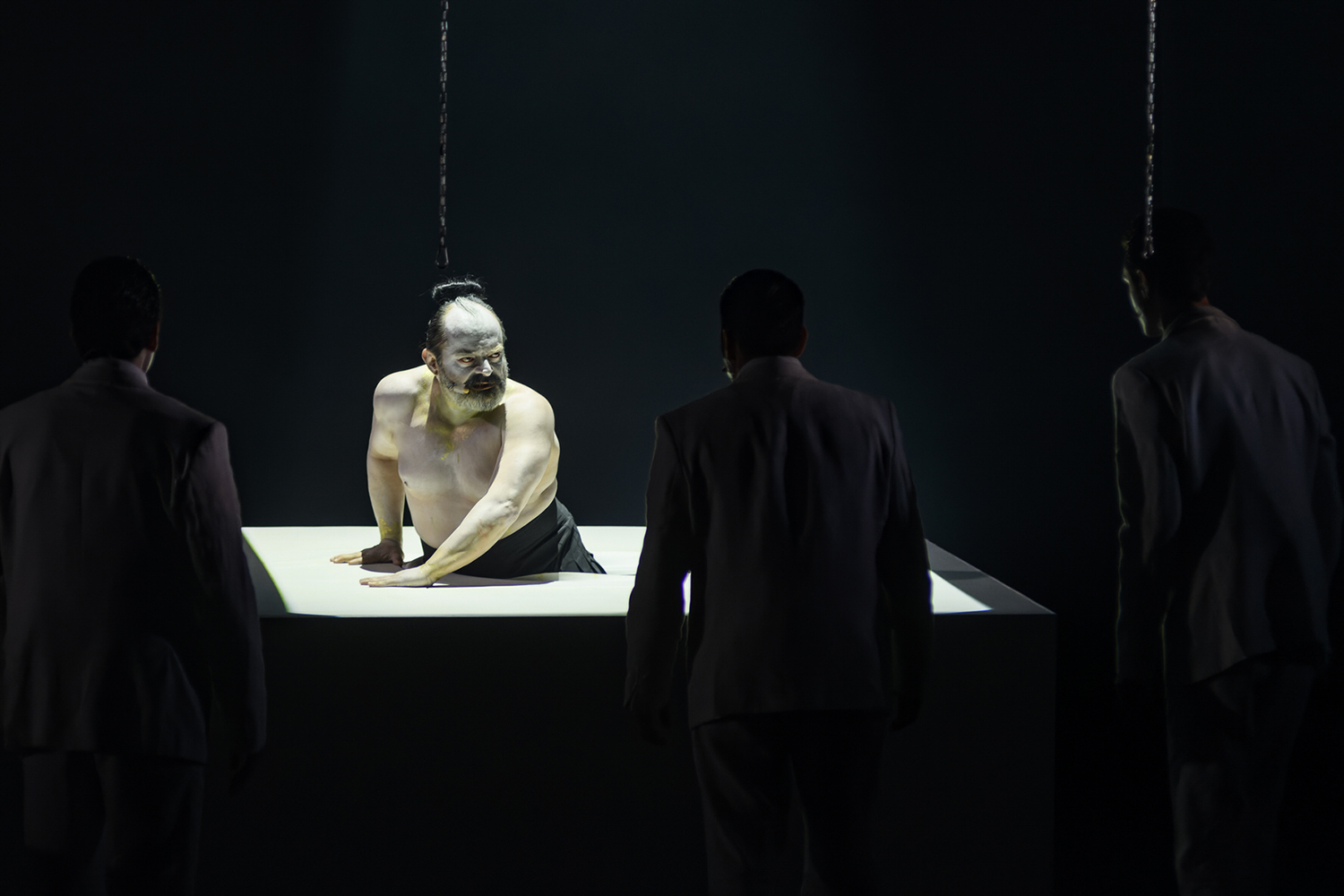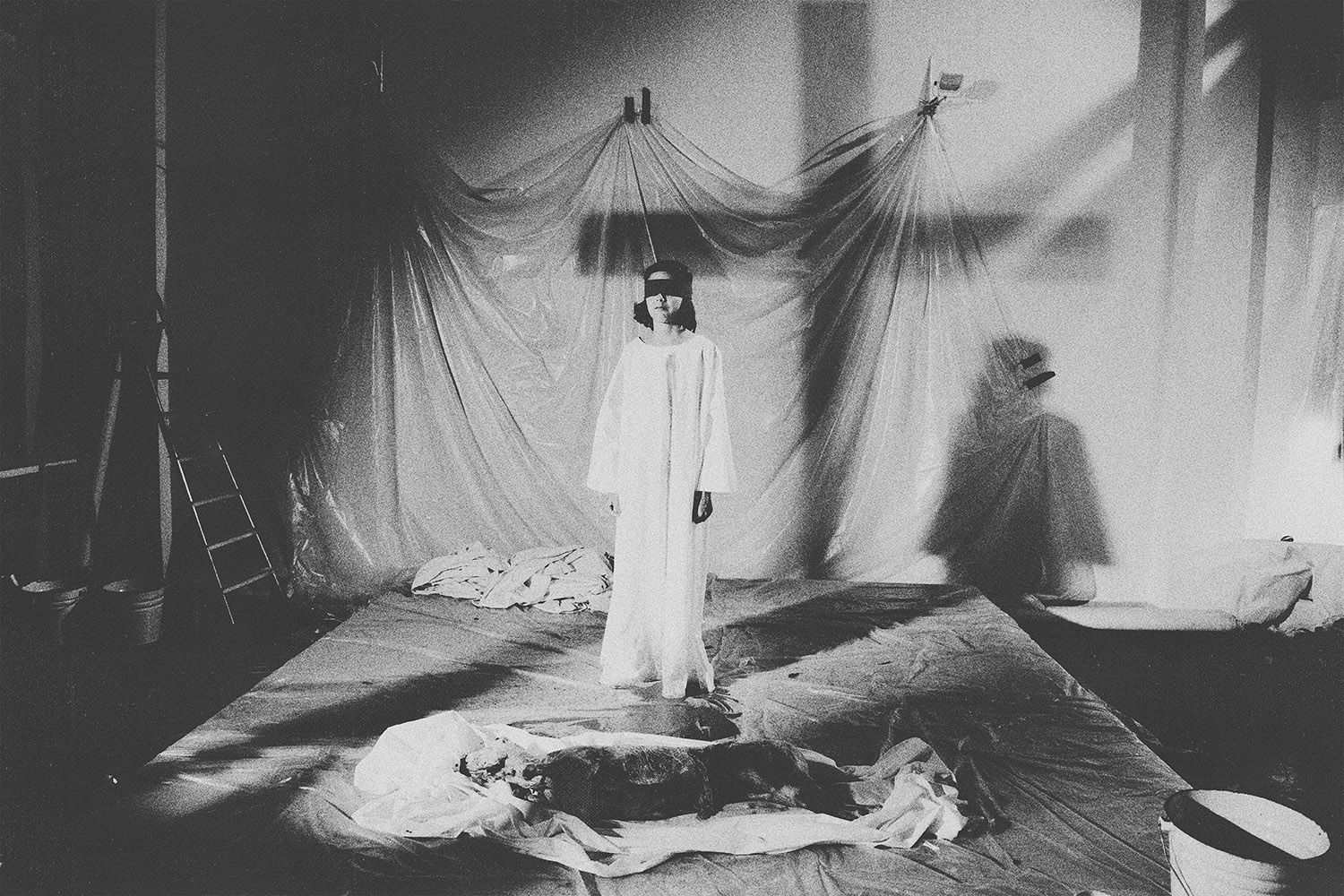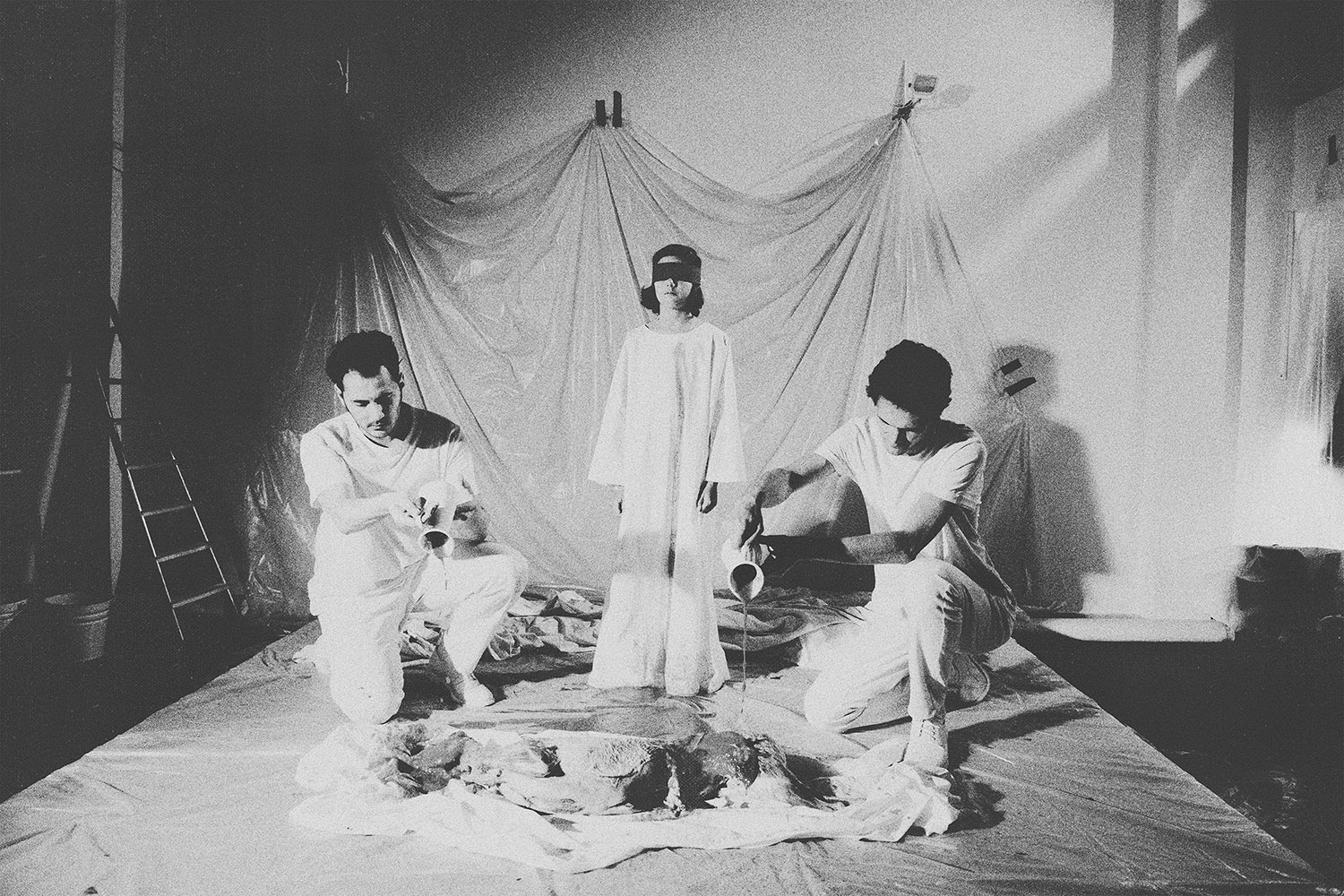Thanos Papakonstantinou
Thyestes
by Seneca
Thanos Papakonstantinou, noted for his distinctive, subversive directorial style, presents to the Festival a tragedy that has never been staged in Greece before, one of the darkest plays brimming with vengeance and immeasurable passion, full of striking imagery on a par with horror films and anticipating the Elizabethan and Jacobean revenge plays: Senecas’ Thyestes. The only fully extant tragedy tackling the myth of the Pelopidae, Thyestes dramatizes the so-called “Thyestean Feast”, Atreus’ terrifying act of revenge, as he murdered his brother’s children, cooked them and served them to him for dinner, an incident that put an end to the long-standing feud between the two brothers for royal power.
Infused with the uncontrollable and bloodthirsty political milieu of his time, the Roman orator, dramatist and stoic philosopher depicts a fallen, disintegrating world in his tragedies. Far from being a prosperous assembly of citizens, the state is but an arena, an absurd mass of monsters and beasts constantly devising ways in which they can ensnare and eliminate their opponents. Under this perspective, however far human society has progressed, darkness will always be looking for a crack through which it can surface and envelop everything. Indeed, in this play a solar eclipse plunges the city into darkness. The state is overrun; no longer the finest of citizens, the king is actually a great beast growling above his victims.
The form of the performance is inspired by the extensive messenger speech narrating the macabre feast ritual, with the director approaching the play as an oratorio of horror. Original electronic music and sound design serve as structural aspects of this audiovisual nightmare.
Related Events
Peiraios 260 (D)
- 10/07 until 11/07/2023 at 21:00
all events
Opera | Theatre | Dance | Premiere | Greek Debut
Ancient Theatre of Epidaurus | Peiraios 260
all venues



